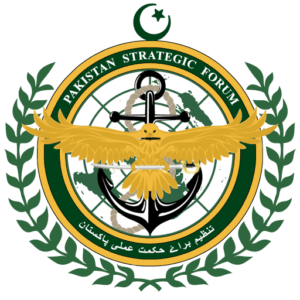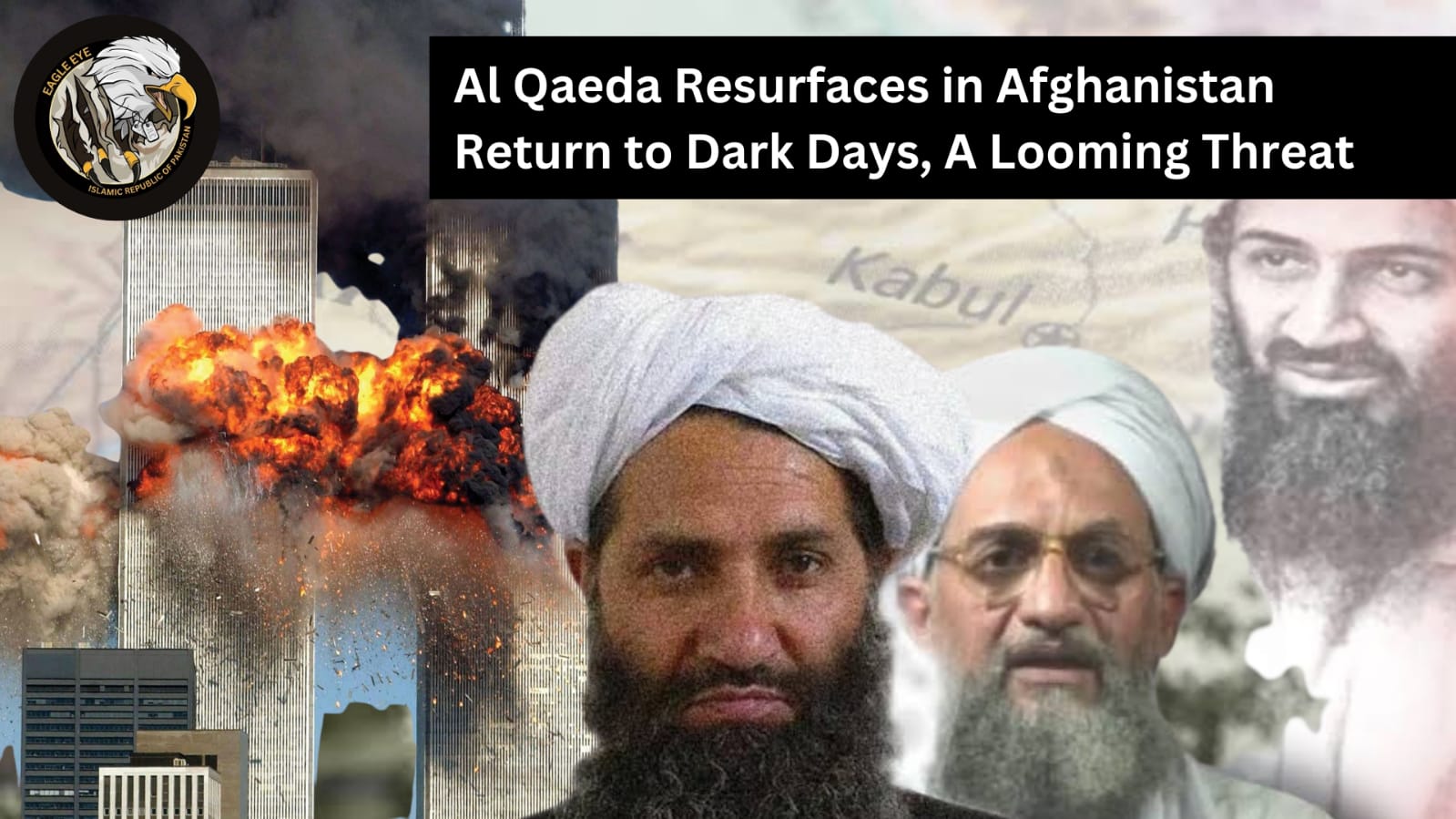Growing up we have all heard the tales from our elders about how Pakistan was once a shining beacon of progress in South Asia. How in the 1960s Pakistan’s economic growth inspired some of today’s most successful nations such as South Korea to copy our model, how PIA became the leader in aviation helping build up todays industry giants such as Emirates, or how Pakistan was at a position where it provided Germany with financial loans and so on, however, this did not last. Soon Pakistan fell victim to its own internal political struggle and geopolitics surrounding the cold war. Long story short Pakistan faced widespread internal corruption, foreign-backed insurgency, tense border relationships and multiple sanctions slowing down economic progress. We now have faced many financial problems that need to be addressed unless we want to go through another decade in relative poverty while those around us grow, Pakistan needs a second chance.
That second chance has now arrived at our doorstep. This chance is of course Pakistan’s strategic geography and the needs of those around it. China wishes to connect with the world using its belt and road initiative, Central Asian countries being termed as the new middle east (fossil fuel reserves) need a route to the Arabian Sea and Afghanistan with in which $3 trillion worth of mineral reserves have been found also need a trade route. Pakistan sits at the very center of these needs and has a chance to gain significant geopolitical and economic influence. This is a chance for Pakistan to not only become the vital supply line of multiple countries profiting off them but also attract investment in order to develop its own industry massively reducing the need for imports while increasing exports. It is imperative that all political entities put aside their differences now and work together to capture this opportunity putting Pakistan back on track towards rapid development. Should we succeed, all segments of society will benefit, the rich will grow richer, the poor will climb out of poverty, quality of life overall will increase and the dream of peace in South Asia can be achieved.
CPEC and Pakistan
As tensions rise over the South China Sea disputes and India starting to militarize its Andaman and Nicobar archipelago near the Malacca strait, Chinese maritime shipping routes over which the country is highly dependent upon have become increasingly threatened. Realizing the need, many years ago China started its belt and road initiative where it would use geography to bypass the long sea route and recreate the silk road, at the very center of this down south is Pakistan. Now due to above-mentioned problems becoming reality, China’s dependence upon the CPEC will only rise and this gives Pakistan some more leverage to work on. As the projects are under construction Pakistani policy makers must work now to secure favorable terms in future deals and start planning on setting up new industries which overlap CPEC and future trends. This is important especially as of right now as the whole world is under lockdown due to COVID-19 pandemic giving Pakistan the time it needs to develop and enter new markets. Already we are seeing positive effects as CPEC solved the energy crisis resulting in years old shutdown mills restarting and piled with orders beyond their manufacturing capacity. If more industries are set up to utilize the excess energy along with the older reopened ones, Pakistan will again reenter the world stage as a big exporter of goods. As a result, Pakistan’s financial problems will become much more relaxed as exports jump closer to imports and overall wealth and services will increase within the country. However, this is no easy thing to achieve and comes with problems that need resolving. The largest among them are persuading local investors to set up said industries and dealing with the ongoing Indian-backed insurgency within Baluchistan (BLA). Terrorist operations create uncertainty & instability, something which disturbs the investors and will create difficulty for industrialization but also CPEC progress. Security forces will have to speed up in containing the remnants of Indian-funded mercenaries (BLA) who are the root cause of little development in the region for many years. Only once the threat has been neutralized can large-scale commercial activity take place and this is something Pakistan will have to deal with quickly, it is now or never.
Central Asia and Pakistan
Around 29 years ago, just as when the Soviet Afghan war ended and the USSR collapsed, Pakistan once tried to become a regional superpower by integrating itself with the many newly independent Central Asian countries. The plan was to invest into their infrastructure and connect them with Pakistan helping them gain access to the Arabian Sea and export goods, however as the Afghan civil war started the plans got dropped as risk increased dramatically. But despite continued conflict in the region even now that need for an efficient trade route to the sea remains and plans are being revived to integrate those central Asian states with CPEC granting them access to Karachi and Gwadar port. Uzbekistan is the first central Asian state Pakistan has approached recently with this end goal in mind and if hints of success are seen the others will soon join in. This is a very important step for all countries involved as this will solve major issues, for Pakistan it will be able to import fossil fuels at much cheaper rates than it does now from middle eastern countries meanwhile for the land locked central Asian states, they will finally gain an efficient and cost-effective route to the sea. As a bonus other forms of cargo and exports will also flow through Pakistan, increasing the importance, and profitability of CPEC developed routes. If all goes well, Pakistan might also be able to develop land routes for trade with Russia as it is already well connected with central Asia. All in all, this is a make-or-break opportunity for Pakistan as if it can capture central Asian market routes, the diplomatic influence and power it will gain is massive. Pakistan truly has a chance to become a regional powerhouse having significant diplomatic and economic influence, reviving the 29-year-old aspirations to become a regional superpower. Of course, this too comes with issues, and achieving it is easier said than done. The biggest issue in making this a reality is that any massive that route is to be created between Pakistan and Central Asian requires it to go through Afghanistan’s Wakhan Corridor. Hence, if Pakistan is to connect with central Asia and achieved the above state goals it will need to include Afghanistan, this means resolving the disputes which are difficult, to say the least. Fortunately, however as the USA (NATO in general) desires to pull out of Afghanistan after peace talks, the Afghan government is left with fewer options giving Pakistan leverage over Afghan affairs. Furthermore, Afghanistan itself in need of an efficient sea route, something Pakistan is in an ideal position to provide. Using these advantages Pakistani policymakers need to reel in Afghans and make central Asian connectivity a reality.
Afghanistan and Pakistan
It is no secret that Pakistan and Afghanistan have bitter relations, the cause is the Afghan government’s refusal to accept the internationally recognized border (Durand Line). Due to this the border has always remained tense, and the flow of goods has been irregular, however, this all might change soon Over the last few years, many geographical surveys have been conducted within Afghanistan and studies have shown that the country is sitting above around $3 trillion worth of rare minerals which have great commercial use. This is Afghanistan’s chance to build up its economy and recover from years of violence, however, to export it all it will need Pakistan’s ports. The Afghan government has little choice over this as the Iranian route is full of needless complications and the Turkish route is inefficient. This gives Pakistan unique leverage over the Afghan government, furthermore, this influence is further strengthened as USA is about to pull out of Afghanistan leaving the government little choice but to cooperate. If the issues around tense relations can be settled Pakistan has a chance to resolve a major border dispute on favorable terms while gaining another country whose export will depend upon Pakistani ports. Regardless of who extracts the mineral resources from Afghanistan (Chinese companies, American or local), the cargo will have to travel through Pakistan, and this will be profitable. Alongside that, greater integration of infrastructure will mean Pakistan can increase its own exports to Afghanistan and create multiple route connections with Central Asia. Overall if Pakistan can successfully lure in Afghanistan using the recent circumstances, a long-term goal of securing the western border will be achieved as well as extra-economic and diplomatic power will be secured. However, this again comes with many issues, mostly related to Afghan internal affairs. Before Afghanistan can build up an effective mining industry ready for export, it will need internal stability which means ending the violent conflict. Furthermore, massive infrastructure projects and industrialization to link the whole country will be needed to centralize any large-scale mineral exporting. This means joint government settlement between the Taliban and Afghan national government is needed, something that seems extremely unlikely; however, it is not impossible. One such example is how Irish IRA members integrated into the national parliament after the ceasefire. Whatever the case Pakistan needs to take advantage of current circumstances and secure its longstanding geopolitical objectives while also capturing the Afghan market.
Conclusion
After a long time, Pakistan has been given a massive opportunity to capitalize upon and strengthen its economy to rise again as a regional power. Pakistan has the manpower, natural resources, and ideal geographical location to rapidly develop and fulfill the dreams of the founding fathers. Of course, it is not an easy task, there is no point in pretending such issues can be resolved overnight as each opportunity comes with constraints and issues that need resolving. However, should a solution be found, it will benefit all parties involved. Already we have seen some progress in form of the Pakistan-Iran-Turkey railway project or the TAPI pipeline project, however, faster progress needs to be made if we are to fully capture the new emerging markets. A national action plan is needed so that a well-thought-out roadmap is made and implemented where our large youth population is properly trained (or else will become a liability in the future), industries around our national resources are reformed and infrastructure integration with neighboring countries is done. We have the means; it is time we use it to rise and take our place in the world together.
#BlitzFalcon
#TeamPakistanStrategicForum






